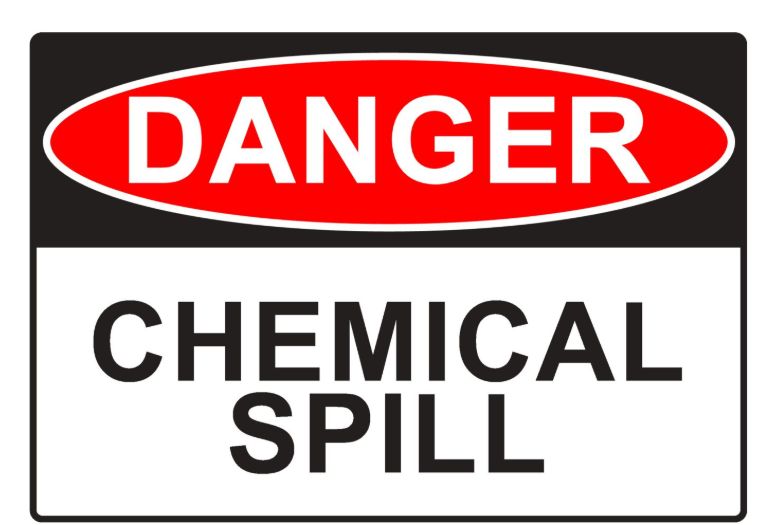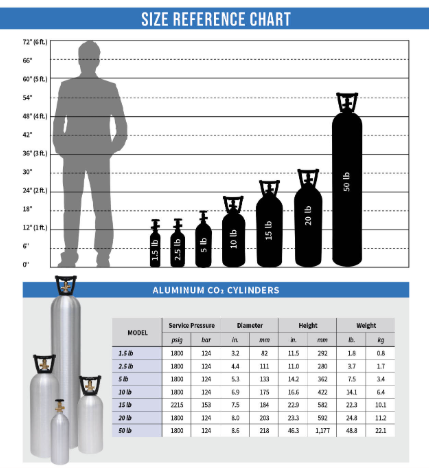Aquarius Technologies: Using CO₂ for pH Control in Commercial Swimming Pools
Maintaining optimal water chemistry in commercial swimming pools is essential for safety, comfort, and compliance. A critical aspect of this is pH control. Traditionally, pool operators have relied on acids like muriatic (hydrochloric) or sulfuric acid to lower pH. However, using carbon dioxide (CO₂) gas is an increasingly popular and sustainable alternative. Below, we explore the benefits of using CO₂ for pH management in commercial pools.
How CO₂ Controls pH
When CO₂ is introduced into pool water, it reacts with water to form carbonic acid (H₂CO₃), a weak acid that lowers pH without significantly impacting total alkalinity. This buffering system is more stable than chemical acid dosing and helps maintain consistent water chemistry.
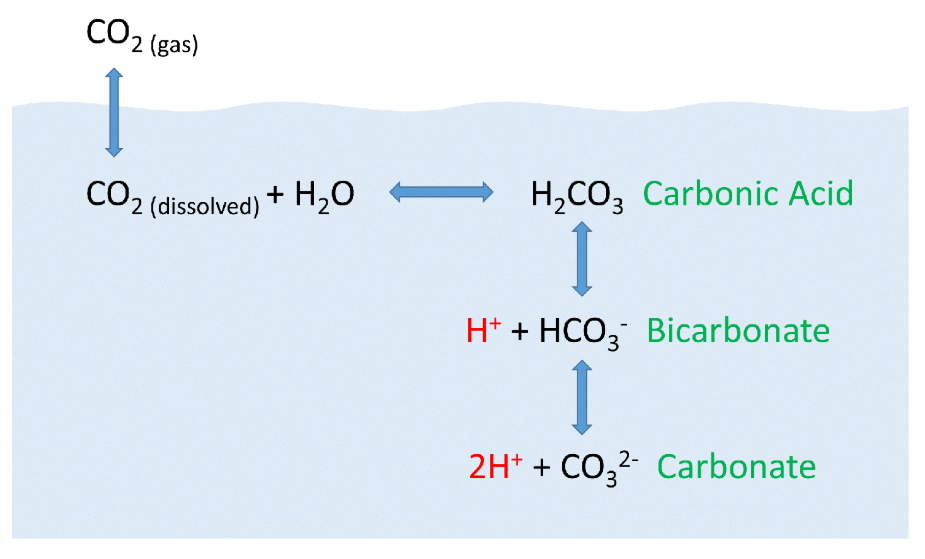
Advantages of Using CO₂ for pH Control
Enhanced Safety
CO₂ is much safer to handle than strong acids. Traditional acids are highly corrosive and pose risks through inhalation and skin contact. CO₂ is stored in pressurised tanks, reducing the chance of chemical burns, spills, or toxic fumes.
Improved Air Quality
Indoor pools often face air quality challenges from acid off-gassing. Muriatic acid releases fumes that can irritate eyes, skin, and lungs. CO₂, by contrast, does not emit harsh fumes, improving the air for staff and swimmers.
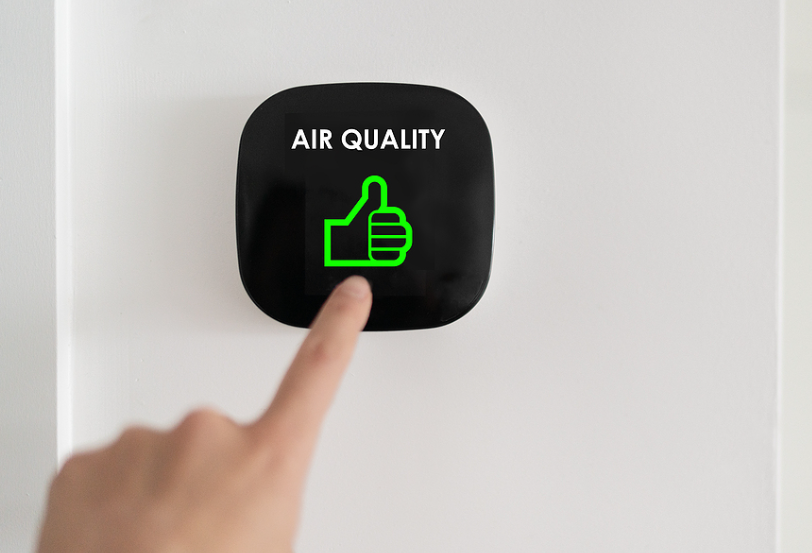
Stable pH Levels
CO₂ provides a more gradual and controlled pH adjustment. Unlike acid dosing, which can cause spikes and dips, CO₂ helps buffer pH, leading to fewer fluctuations, better swimmer comfort, and reduced corrosion risk.

Reduced Corrosiveness
Strong acids can damage infrastructure—pumps, filters, fixtures, and surfaces. CO₂ is a gentler acidifier, helping to preserve equipment and surfaces, which reduces maintenance and extends service life.

Lower Operating Costs
While a CO₂ system may have higher initial setup costs, it typically offers long-term savings. Less frequent refilling, fewer equipment repairs, and reduced safety compliance costs contribute to lower overall expenses.
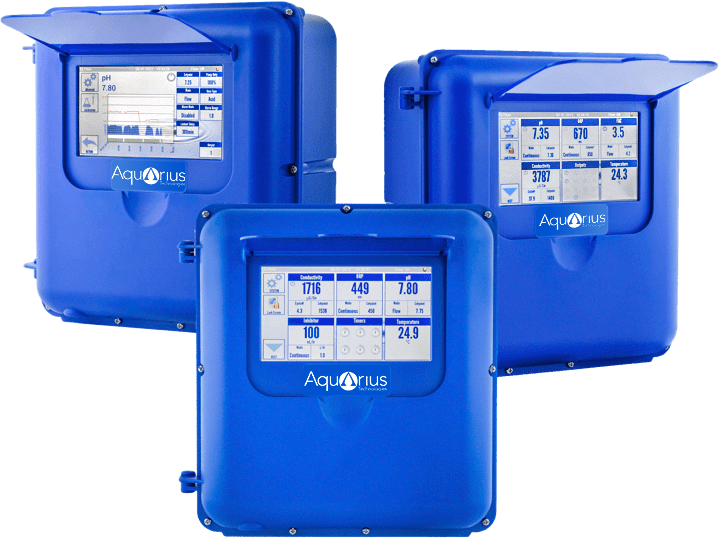
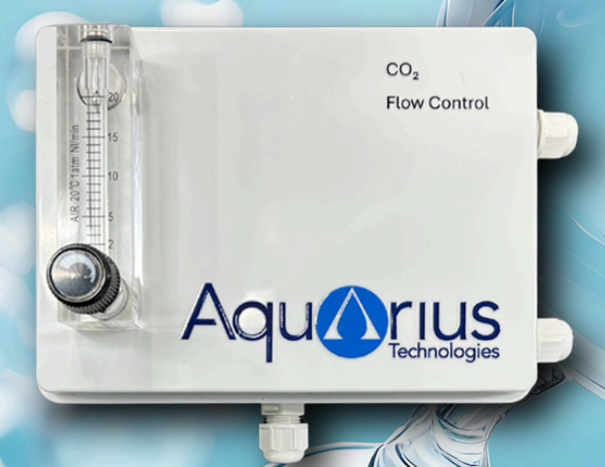
Environmental Benefits
CO₂ used in pools is often captured as a byproduct of other industrial processes, making use of existing emissions instead of manufacturing new chemicals. Reducing hazardous chemical use supports sustainability goals and enhances a facility’s environmental image.
Simpler Compliance
CO₂ systems help meet regulatory requirements more easily:
- Fewer chemical handling risks
- Reduced storage concerns
- Lower risk of pH violations
- Better control of water quality standards
Best Practices and Considerations
To get the most from a CO₂ system:
- Use experienced installers familiar with CO₂ dosing
- Monitor total alkalinity, as it may gradually increase
- Inspect tanks and regulators regularly
Conclusion
Switching to CO₂ for pH control in commercial pools offers significant benefits in safety, stability, cost savings, and sustainability. It’s a smart, forward-thinking choice for facilities aiming to improve operations while reducing risks.
For more information on the Aquarius CO₂ Flow Control system, contact us at [email protected].


